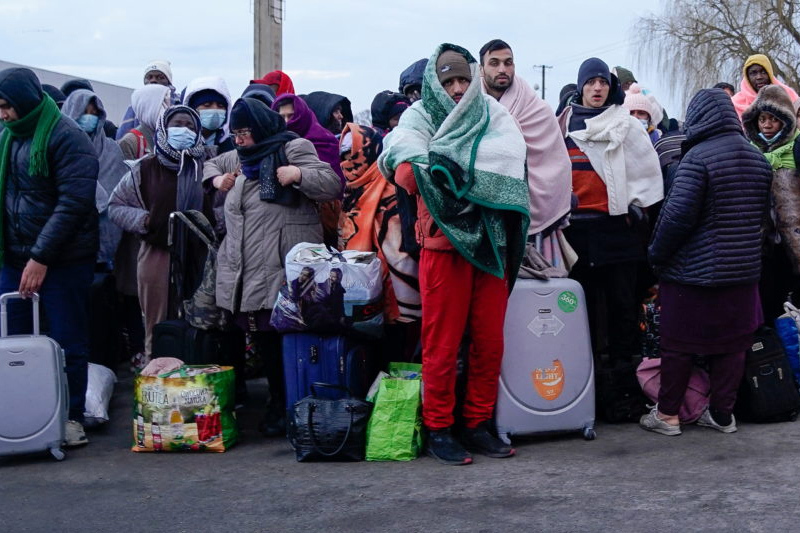Overcoming Barriers: Why So Few Ukrainian Refugees Work in Germany?
Germany has welcomed over one million Ukrainian refugees since the beginning of the conflict, providing them with shelter, financial aid, and the right to work. However, only a small percentage have found employment so far. This article explores the challenges refugees face entering the German job market and potential solutions.
A Warm Welcome but Significant Barriers
While Germany opened its doors to Ukrainians, granting immediate welfare benefits, housing, language classes, and permission to work, refugees from other countries face a longer path to these rights. However, only 17% of working-age Ukrainians had found jobs by late 2022, according to government data.
Mental Health Impacts of Trauma and Displacement
The psychological toll of war and displacement cannot be understated. Many refugees suffer from depression, anxiety, PTSD and other issues hindering employment. Seeking help is also difficult due to long therapy wait times and stigma in Ukrainian culture. While some organizations provide mental health services for Ukrainian children, meeting demand remains a challenge.
Language Barriers and Skill Gaps
Most Ukrainian refugees do not speak German, the primary barrier to work. Those with higher English skills have more opportunities, but language remains the biggest hurdle. There is also often a mismatch between refugees’ past work and Germany’s labor needs, requiring retraining that takes time. Government language and integration programs are limited with long wait times.
Uncertainty About the Future
Many see their stay as temporary, hoping to return once Ukraine stabilizes. This mindset discourages engagement. But if conflict drags on for years, establishing lives in Germany becomes essential. Policymakers balance welcoming refugees while pushing economic integration. Employers also hesitate to invest in those who may leave soon. Changing these perceptions is key.
Targeted Programs Show Progress
Despite challenges, focused internship and apprenticeship programs have successfully placed Ukrainian refugees in jobs. For example, programs training refugees in technology careers or helping those with existing qualifications apply their skills in Germany. Mentorship matching refugees with German professionals has also proven effective. Expanding specialized opportunities provides critical pathways to financial integration.



Comments
Post a Comment